Donate | Details | Objectives | Volunteers | Join | Top
2025 mission project budget: $30,000
To renovate an existing building into a medical supplies and drug warehouse. This will increase the efficiency and security of this vital hospital service.
Donations will be gratefully accepted on this site for this project.
Canadian volunteers will work alongside local tradesmen as always to complete the project.
People with some knowledge of renovations would be welcome for this project.
Other volunteers with knowledge of computers, sewing, welding, painting, or business could contribute to other projects.
Medical professionals to assist in strengthening staff are also always welcome, especially for the OR, ICU, general wards, lab and pharmacy.
We will also continue providing teaching assistance (English, business, trades) to Kisare Secondary Technical School; continue to support, explore, and evaluate past and future business opportunities with women’s initiative groups and do village work with the HIV/Palliative Care team.
Erla and Lloyd hope you can join them on this infrastructure mission to Shirati to work on this project or be involved in the Help the Children of Tanzania projects that will be going on at the time.
https://cacha.ca/projects/help-the-children-of-tanzania-fun/
Email them at [email protected] and they’ll respond by email or phone to answer your questions.
Location
Dates
Mission Lead/s
Mission Cost per participant
Estimated Flight Cost
Partner
Beneficiaries
Primary mission language
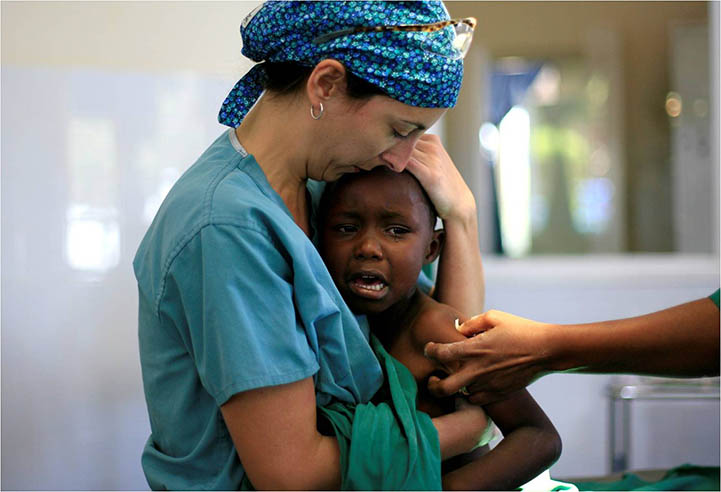
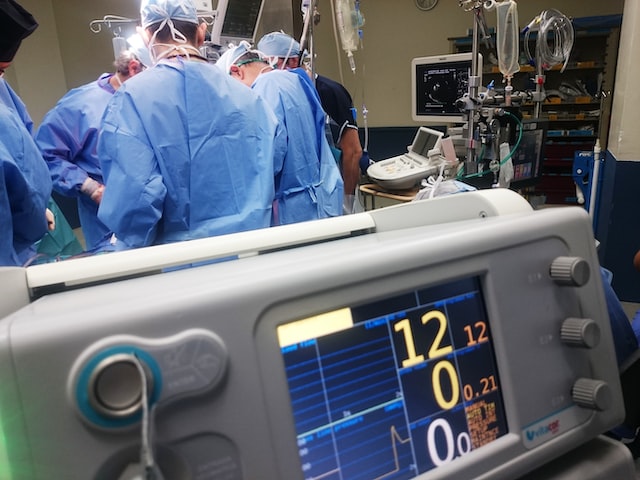
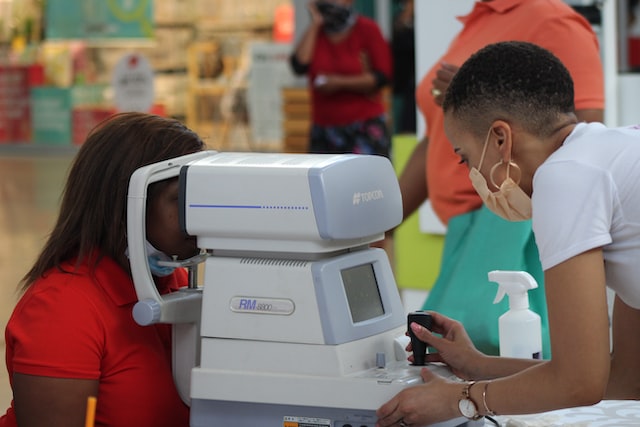
To renovate an existing building into a medical supplies and drug warehouse. This will increase the efficiency and security of this vital hospital service.
To see a list of completed projects over the last 12 years, see below.
Ten Infrastructure teams from 2009 to 2020 completed the following projects
Hospital history prior to CACHA’s arrival in 2008: Shirati Hospital was established in 1934 by missionaries from the Eastern Mennonite Mission in the U.S. and Canada and is now owned by the Mennonite Church of Tanzania (KMT) and operated by a Board of Directors that includes government appointees. It is the largest hospital in Rorya District, operating 200 beds with a wide range of services, including a Leprosy Control Center, Medical Research Center, an HIV/Aids Control Center, and a School of Nursing with 200 students enrolled.
CACHA first responded to a request for assistance from the hospital in 2008. CACHA volunteers undertook an exploratory visit to Shirati and found a hospital serving a very remote corner of Tanzania with 80 per cent of the people living under the poverty line. The needs identified included a lack of medical equipment and a shortage of staff to do village outreach. It lacked a strategic plan to begin addressing many hospital shortcomings and a great desire to learn more English by hospital and church staff.
CACHA followed up by sending a container of refurbished medical equipment to Shirati Hospital in July 2009 and another container to its sister hospital, Nyere DDH at Mugumu. Three months later CACHA followed up with an infrastructure team of seven volunteers. The team worked for three weeks implementing improvements to the hospital’s finance department, installing six computers and other equipment from the container, training staff on computers, installing solar lights across the hospital and teaching English to hospital and Diocese staff, secondary students, and their teachers. Two volunteers stayed on for an additional five weeks to complete a strategic plan and to continue teaching English to hospital and church staff and secondary students. After that, teams have gone to Shirati most years and the projects have become larger at the hospital.
After the presentation of the strategic plan to the Regional Medical Officer, the government approved the request to support the hospital and in September 2010 it became a Council Designated Hospital. Salaries are now subsidized by the government and treatment is also partially subsidized.
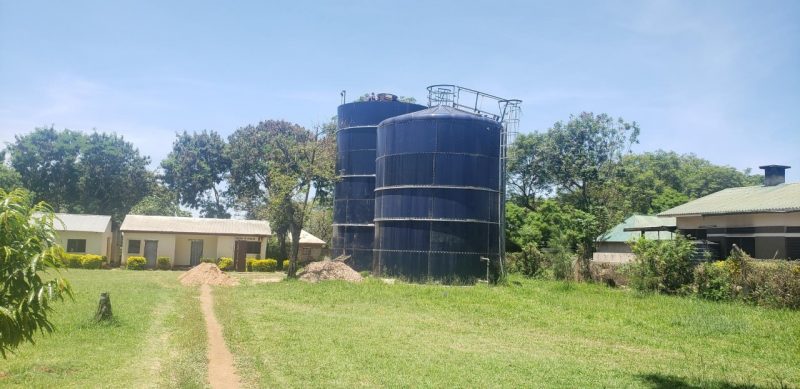
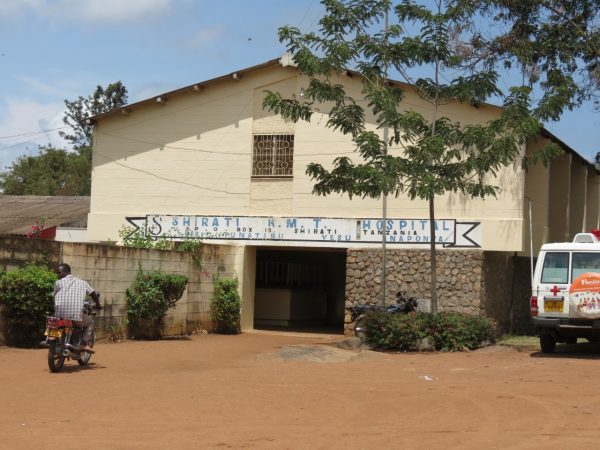
For up to date travel information, please consult the Government of Canada – Travel Advice and Advisories site: http://travel.gc.ca/destinations/ The World Health Organization has a comprehensive website on the Ebola virus. http://www.who.int/csr/disease/ebola/en/
CACHA medical missions are non-profit and self-funded by volunteers and their donors. The mission cost is disbursed over a variety of mission-related expenses including; accommodation, food, in-country transportation, allowances for locally engaged partners, medical and logistics equipment and supplies, communications, customs, medical treatments and referrals for patients, as well as CACHA overhead and management, CACHA membership fee, and helps to support many of our CACHA projects.
All donations submitted to CACHA toward payment of mission costs and plane tickets are tax deductible.
You can donate to any of these volunteers, just click “read more” and use the donation form on their page
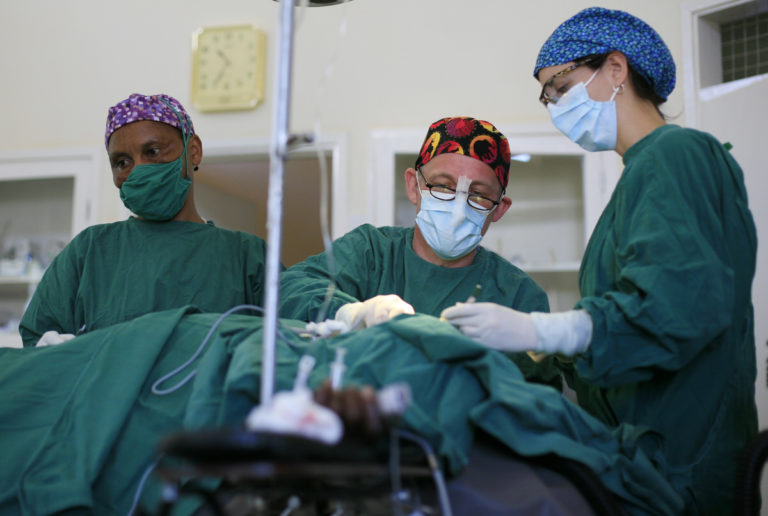
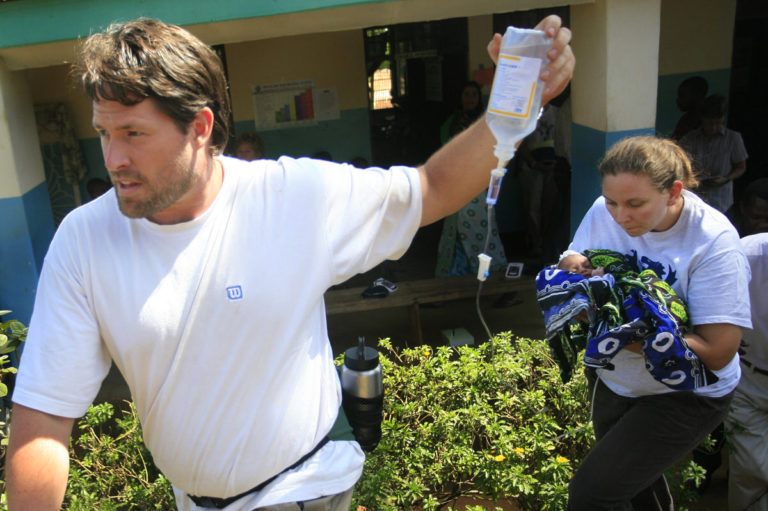
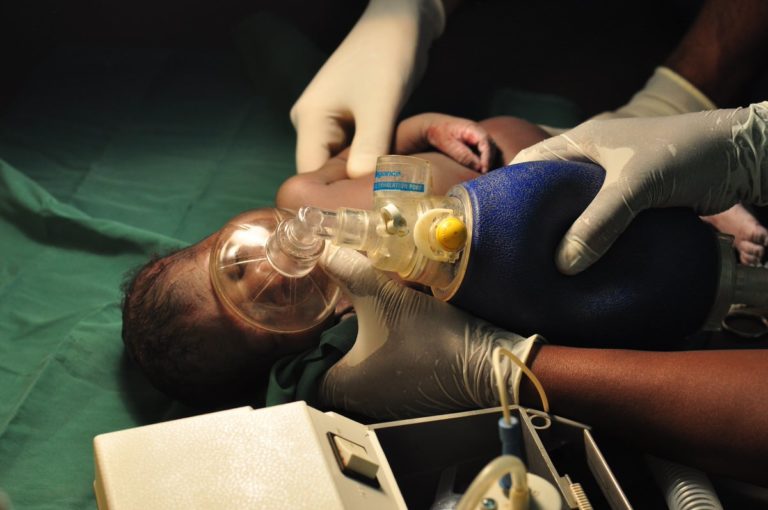
Powered by Groundwork